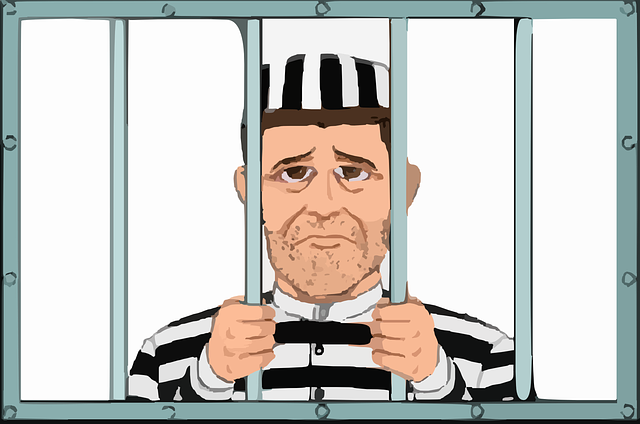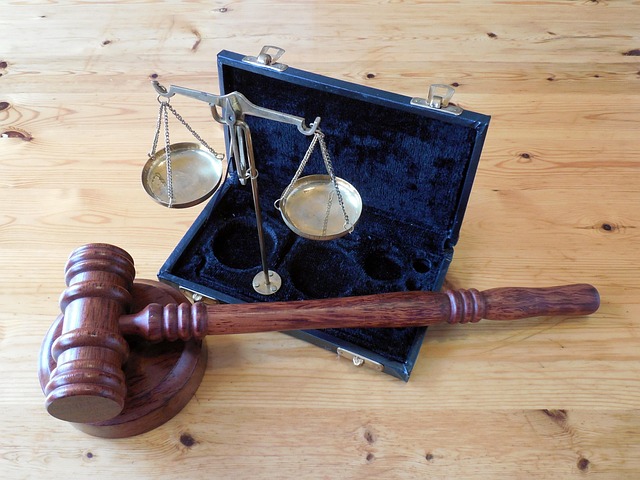In recent years, criminal law has undergone significant reforms driven by evolving societal needs and technological advancements. A growing focus on restorative justice aims to rehabilitate offenders and heal victims, shifting from punitive measures. Technological progress, particularly in digital forensics and artificial intelligence, has revolutionized evidence collection and presentation. High-profile criminal cases heavily covered by media shape public perception and legal interpretations, sparking discussions on justice, equality, and due process. Today, technology is reshaping criminal law through advanced forensic tools and global information exchange among legal professionals. Safeguarding defendant rights, including the right to legal representation and procedural protections, remains paramount for ensuring fair trials and maintaining the integrity of the criminal justice system.
“Unraveling the complexities of criminal law: A comprehensive guide. This article offers an in-depth exploration of contemporary legal landscapes, from recent reforms and high-profile cases to the integration of technology. We delve into the pivotal role of technology in shaping criminal proceedings, while also scrutinizing defendant rights and the pursuit of fair trials. Stay informed about the evolving nature of criminal law and its profound impact on society.”
- Recent Changes and Reforms in Criminal Law
- High-Profile Criminal Cases and Their Impact
- The Role of Technology in Modern Criminal Law
- Defendant Rights and Fair Trials: A Deep Dive
Recent Changes and Reforms in Criminal Law

In recent years, criminal law has undergone significant changes and reforms driven by evolving societal needs and advancements in legal theory. One notable trend is the increased focus on restorative justice, which aims to rehabilitate offenders and promote healing for victims, shifting from purely punitive measures. This approach emphasizes mediation, community service, and dialogue as alternative dispute resolution methods.
Additionally, technological progress has led to innovations in evidence collection and presentation, impacting criminal law procedures. Digital forensics plays a crucial role in uncovering electronic evidence, while advancements in artificial intelligence have started to influence pre-trial risk assessments and sentencing recommendations. These reforms not only enhance the efficiency of the legal system but also strive to ensure fairness and accuracy in administering justice.
High-Profile Criminal Cases and Their Impact

High-profile criminal cases often capture the public’s attention, shedding light on critical aspects of criminal law and its impact on society. These cases, involving prominent individuals or highly sensitive crimes, can set precedents that shape legal interpretations and public perception for years to come. They serve as a microcosm of societal issues, sparking discussions on everything from due process to justice and equality under the law.
The media frenzy surrounding such trials isn’t just about entertainment; it underscores the importance of transparency and accessibility in criminal law. High-profile cases can bring awareness to complex legal matters, fostering public understanding of the criminal justice system’s intricacies. Moreover, they often lead to increased scrutiny of law enforcement practices, judicial decisions, and potential systemic biases, ultimately pushing for reforms that better align with principles of fairness and integrity within criminal law.
The Role of Technology in Modern Criminal Law

In today’s digital era, technology plays an indispensable role in shaping the landscape of criminal law. Advanced forensic tools enable investigators to uncover crucial evidence, enhancing the accuracy and efficiency of legal proceedings. Digital forensics, for instance, has revolutionized the way crimes are investigated by allowing experts to recover deleted files, trace online activities, and authenticate electronic documents. This technological advancement ensures that justice is served with enhanced precision and reliability.
Furthermore, technology facilitates the global exchange of criminal law information, enabling legal professionals to stay updated with evolving practices worldwide. Online databases and legal research platforms provide access to a vast array of case studies, statutes, and legal precedents, fostering a more informed and adaptable criminal law system. As technology continues to advance, so does its impact on criminal law, making it an indispensable tool in navigating the complexities of modern justice systems.
Defendant Rights and Fair Trials: A Deep Dive

In any criminal law context, understanding defendant rights and ensuring fair trials is paramount. Accused individuals possess a spectrum of protections designed to safeguard their interests and ensure justice. A key pillar is the right to legal representation, allowing defendants access to attorneys who can advocate on their behalf, challenge evidence, and navigate complex legal procedures. This fundamental right ensures that everyone, regardless of background or guilt, faces charges with equal footing.
Furthermore, criminal law mandates several procedural safeguards to secure fair trials. These include the right to a speedy trial, protection against self-incrimination (via the Fifth Amendment), and the presumption of innocence. Defendants must be informed of these rights, enabling them to actively participate in their legal defense and understand the process unfolding around them. Such measures are essential to maintaining the integrity of the criminal justice system, ensuring that convictions rest on solid, uncoerced evidence and adherence to legal principles.
Criminal law is a dynamic field, continually evolving through recent changes, high-profile cases, and technological advancements. As we’ve explored, these factors have led to significant reforms, impacting both defendants’ rights and the overall administration of justice. By staying informed about these developments, individuals can better navigate the complexities of criminal law and ensure fair trials for all.
